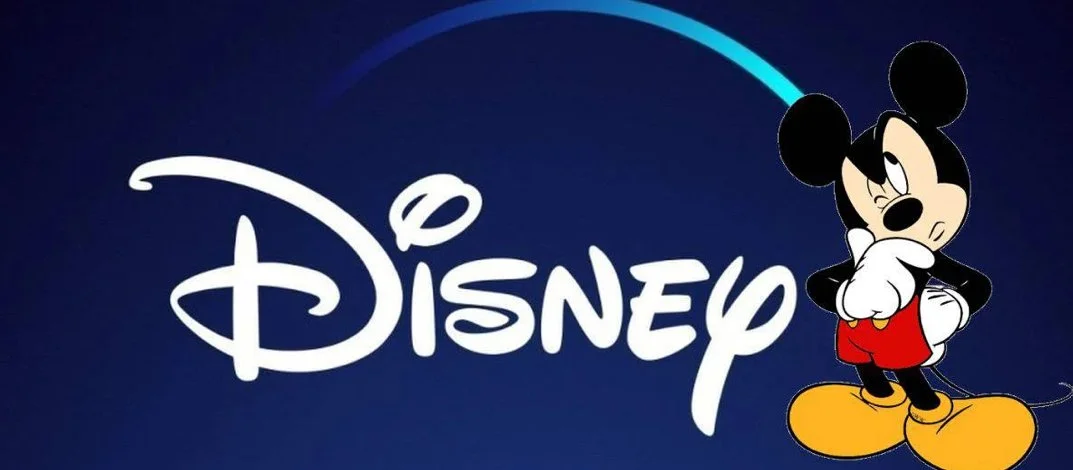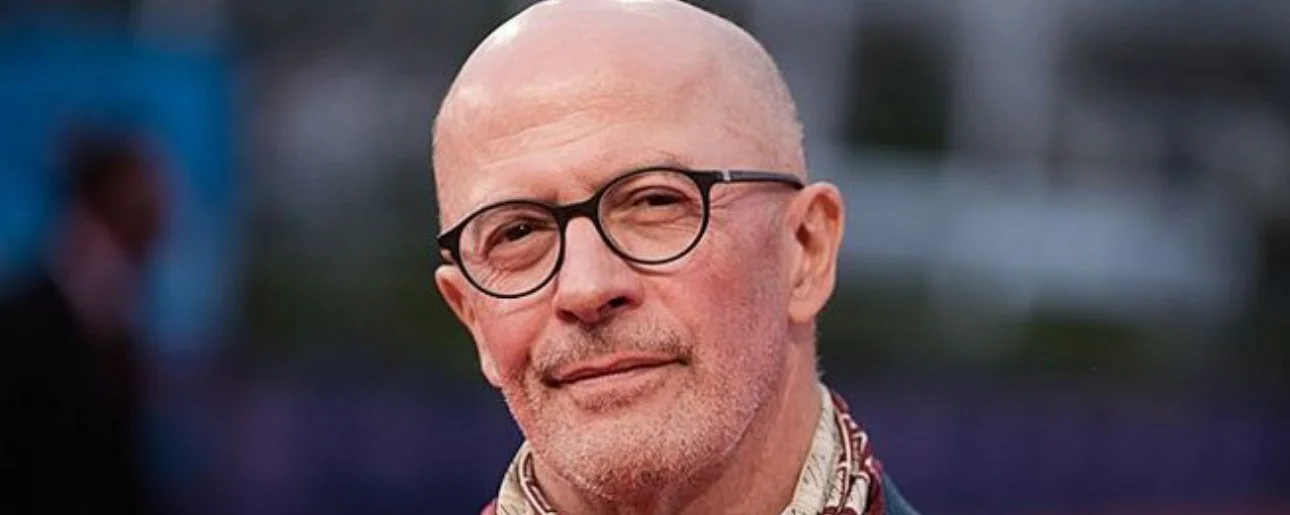Keaton or Chaplin? This question, common among film enthusiasts, refers less to the cinematic values of the two and more to just personal preference: Not who is better, but who do you like more. Buster Keaton was always a man that had to compete against Charlie Chaplin. I mean how could he not? They were both silent movie stars that had an uncanny ability to take some of the simplest moments and turn them into comedy heaven. The critics championed Keaton and even placed The General -Keaton's masterpiece of the industrial age-on a number of all-time best lists ahead of Modern Times -also Chaplin's masterpiece of the industrial age. Audiences however put their hearts on their sleeves for Chaplin, an American movie star if there ever was one. Guy Crucianelli from Pop Matters states that Keaton was "the inventor" and Chaplin "the conjurer".
It's no surprise then that I find it very hard to choose between the two. The General is an astounding technical achievement, even more so now 90 years after its release. So it was pure melancholic joy to find out about The Navigator, a delightful Keaton feature from 1924 that has aged magnificently well. In fact THERE is one of the reasons why Keaton might just surpass Chaplin in my books. His movies have aged incredibly well. The set pieces in his films are just so brilliant and -dare I say it- too complicated to achieve in this day and age, even with the technological abilities we have. Which is not say that Chaplin's films have rusted, there is still -to this day- a stinging satirical punch to films such as Modern Times and City Of Lights.
In The Navigator Keaton's inventiveness is contagious. The story of a helpless, spoiled rich boy set adrift upon a giant ship with his equally helpless girlfriend has a clever story line and a series of excellent gags. The Navigator is actually the name of a ship and it mostly takes place on board this abandoned vessel (which Keaton bought outright when it was being scrapped). The reason it is abandoned (in the movie) and set adrift seems like it might matter at first as a kind of political plot but this all ends up not really being part of the larger movie. It's just an excuse to have the two on a big ship alone, with all the likely things that might happen as a result.
The gags are relentless -sometimes too much so- but those that work are lethal. The car ride proposal across the street, the pulley seesaw; the faint co-star in the collapsing deck chair (a precursor of his undressing scene in SPITE MARRIAGE); Donald Crisp's painting swinging back and forth outside the port hole; the pulleys and inventions for the organized breakfast (stemming from a similar sequence in his short THE SCARECROW); the underwater swordfish fight; the toy cannon attached to Buster's foot and of course the surprise rescue at the end.
Don't expect the political commentary of The General or the Brilliance of Sherlock Jr. but do expect Keaton being Keaton, which is enough to salivate the appetite of any true silent film junkie. The Navigator can be considered a lost gem in the Keaton canon - I had never heard of it until just recently- but its innocence and relentless pursuit to make its audience gasp and laugh at the same time is enough to make you think of a time when all the details mattered in comedy.






